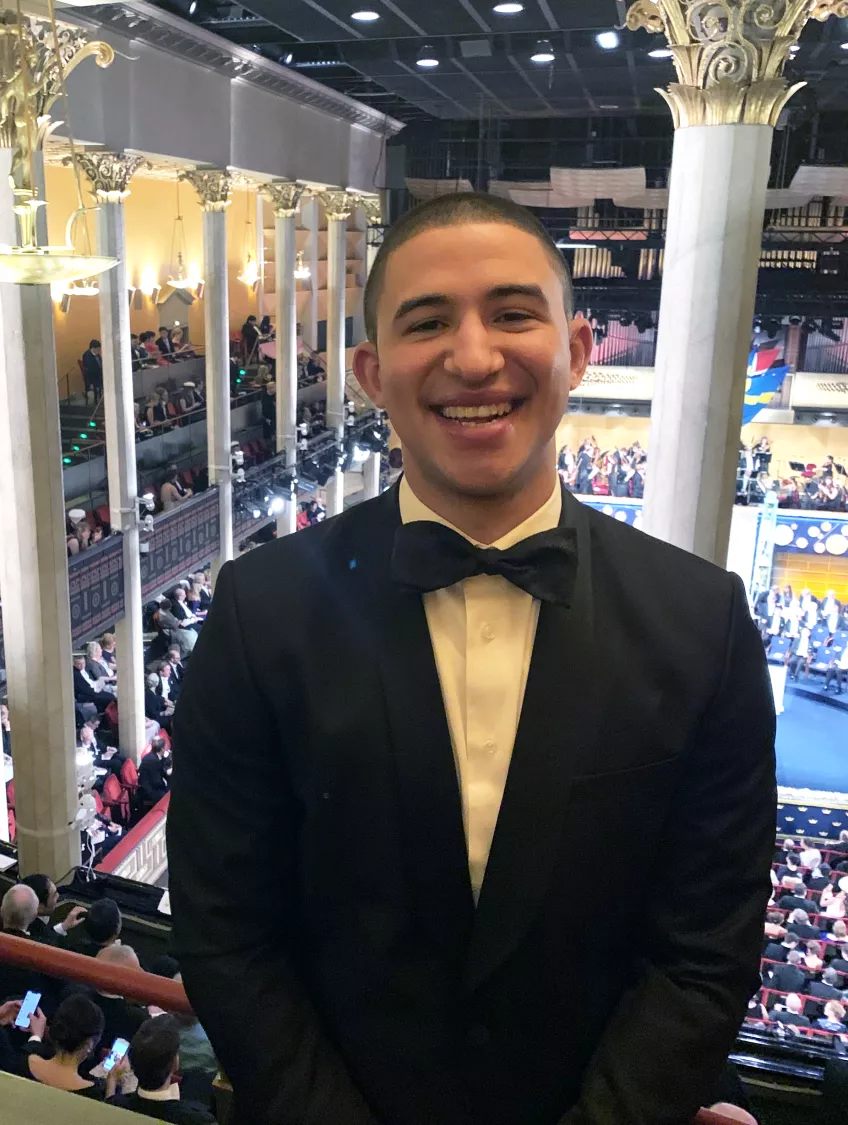“I have found the course to be fantastic so far,” says Jack Lowe, one of the 14 students currently in the Master’s program in Cultural Criminology. Having received his bachelor’s degree in sociology from the United States Military Academy in West Point, New York, he was drawn to the program’s multidisciplinary approach, combining theories from sociology, criminology, anthropology, gender studies and several other disciplines. “This blend of concepts means that cultural criminology is naturally sceptical of
Jack Lowe’s bachelor studies focused on race in America, and he became interested in the country’s problem with mass incarceration. “This [master’s program] was the perfect fit for me as I wanted to learn as much as I could about prisons and policing in Sweden and other places in Europe, and analyze to what extent certain practices may help dismantle the policies of mass incarceration,” he says.
It has been a long time coming for students at Lund University pursuing a master’s degree in criminology. In 2014, an effort to establish a master’s program in criminology between four departments crashed in the latter stages of a gruelling bureaucratic process. University politics had exhausted the involved parties, among them the Department of Sociology, who buried the project.
Soon thereafter, the Sociology Department’s Senior Lecturer Erik Hannerz and Professor Malin Åkerman randomly ended up on the same train to Stockholm. During the trip, they realized that all the essentials for advanced level criminology program were already in place at the department. It spawned the idea of a unique education in cultural criminology.
“We wanted a program that examines how actions become meaningful and appealing, or dirty and deviant for that matter, and focus the analysis on deviance, crime and control,” says Erik Hannerz, who shouldered the responsibility of coordinating the program. “There was a need for a master’s program in criminology at the university, and we were doing relevant research at the department.”
About four years later, the Master’s program in Cultural Criminology opened up for applicants. It is the only program of its kind in Europe, combining the Department of Sociology’s research environments in criminology, social anthropology, and cultural sociology.
“The structure of the program is the best I have experienced at a Swedish university,” says master’s student Filippa Nilsson as the first semester is concluding. She has a bachelor’s degree in criminology from Lund, and would have enrolled in a criminology master’s at another university had the Cultural Criminology program not been available. “The advantage of cultural criminology is that you have a much more comprehensive perspective than administrative or Marxist criminology. It includes, for example, the deviant’s feelings, such as excitement, when committing the crime. That factor is almost completely ignored in classical criminology.”
Erik Hannerz confirms that deviant behaviour, which may seem pointless or destructive, can have profound meaning for those involved, and be valuable in other ways than just a way to attain money or respect. Traditional criminology tends to see criminality as something pertaining to the individual, separate from the rest of society. Cultural criminology understands crime and control as parts of comprehensive cultural structures concerning societal order.
“It’s an important aspect that we see in our research on this kind of behaviour, and it’s consequently important that we teach that in our lectures.”
Apply to the Master’s program in Cultural Criminology before January 15




